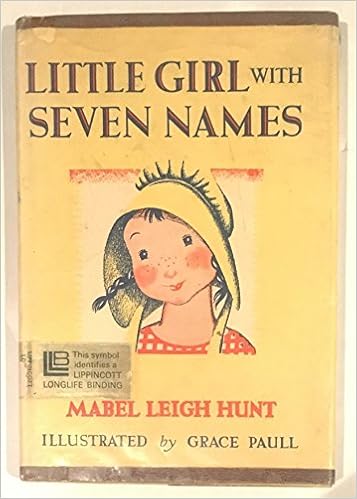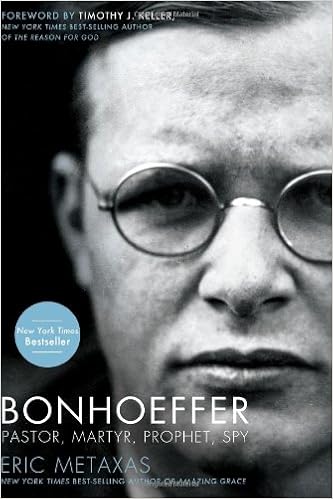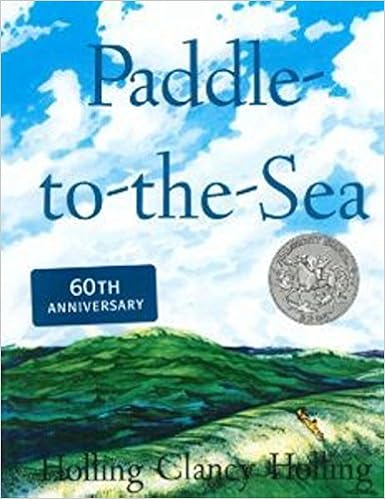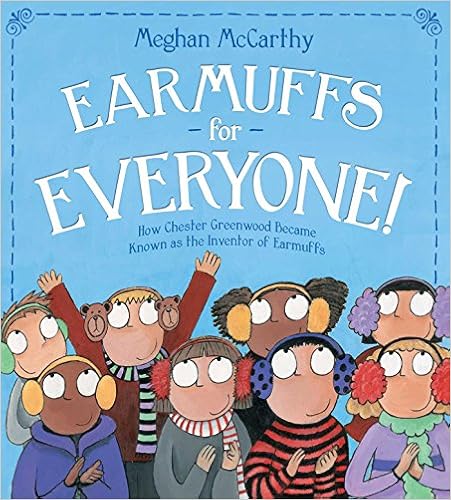 Before there was Tikki-tikki-tembo-no-sa-rembo-chari-bari-ruchi-pip-peri-pembo, author Mabel Leigh Hunt (b.November 1, 1892, d.September 3, 1971) told the story of a little Quaker girl named Melissa Louisa Amanda Miranda Cynthia Jane Farlow, a girl with a great long name almost as long and almost as troublesome to her as Tikki-tikki-tembo’s name was to him.
Before there was Tikki-tikki-tembo-no-sa-rembo-chari-bari-ruchi-pip-peri-pembo, author Mabel Leigh Hunt (b.November 1, 1892, d.September 3, 1971) told the story of a little Quaker girl named Melissa Louisa Amanda Miranda Cynthia Jane Farlow, a girl with a great long name almost as long and almost as troublesome to her as Tikki-tikki-tembo’s name was to him.
Melissa Louisa is named after her two grandmothers and her four maiden aunts, and even when the other children make fun of her very long name, she finds that she can’t get rid of any part of it, for fear of offending or hurting one of the family members that she dearly loves. What is a little girl to do?
This beginning chapter book of only sixty-four pages is just the right length for beginning readers who are working their way up into books with more text than pictures. Melissa Louisa is about six or seven years old in the stories, and she acts like a six or seven year old. The ensuing misunderstandings and adventures are tame enough but also surprising and delight-filled for young readers.
Author Mabel Leigh Hunt is not to be found in Jan Bloom’s two volumes of Who Should We Then Read?, but she is a worthy author with a gift for storytelling. Two of her books won Newbery Honors: Have You Seen Tom Thumb? in 1943 and Better Known as Johnny Appleseed in 1951. Ms. Hunt was born into a Quaker family herself, and as an adult she became a librarian and then an author, often writing about Quaker boys and girls in her books. The books, which have an old-fashioned air and a childlike sense of humor, are fresh and lively and suited to a new generation of children who like to read about “olden times and places.”
Other books for young readers about Quaker children:
The Double Birthday Surprise (or Present) by Mabel Leigh Hunt.
Cupola House by Mabel Leigh Hunt.
Tomorrow Will Be Bright by Mabel Leigh Hunt.
Lucinda, A Little Girl of 1860 by Mabel Leigh Hunt.
Beggar’s Daughter by Mabel Leigh Hunt.
The Arrow Over the Door by Joseph Bruchac.
Thee, Hannah! by Marguerite de Angeli.
The picture book series of Obadiah books by Brinton Turkle:
Obadiah the Bold
Thy Friend, Obadiah
Obadiah and Rachel
Adventures of Obadiah
For middle grade and young adult readers:
Lark in the Morn by Elfrida Vipont. About a Quaker family in England.
The Lark on the Wing (The Haverard Family, #2) Carnegie Medal winner, 1950.
The Spring of the Year (The Haverard Family, #3)
Flowering Spring (The Haverard Family, #4)
The Pavilion (The Haverard Family, #5)
They Loved to Laugh by Kathryn Worth.
Downright Dency by Caroline Snedeker. Newbery Honor book.
Books about real Quaker heroes and heroines:
The Quakers by Kathleen Elgin.
The Thieves of Tyburn Square: Elizabeth Fry (Trailblazer Books #17) by Dave and Neta Jackson.
Key to the Prison by Louise A. Vernon. Historical fiction about Quaker founder George Fox.
Benjamin West and His Cat Grimalkin by Marguerite Henry. Fictional story of Quaker artist Benjamin West.
William Penn: Quaker Hero (Landmark Book No. 98) by Hildegarde Dolson.
Penn by Elizabeth Janet Gray.
The World of William Penn by Genevieve Foster.
John Greenleaf Whittier: Fighting Quaker by Ruth Langland Holberg.
Windows for the Crown Prince by Elizabeth Gray Vining. A memoir about Ms. Vining’s experiences just after World War II in tutoring Crown Prince Akihito, the heir apparent to the Japanese throne. Ms. Vining was a convert to Quakerism.
2014: Quaker Books for Quaker Kids by Elizabeth Bird at A Fuse #8 Production.













